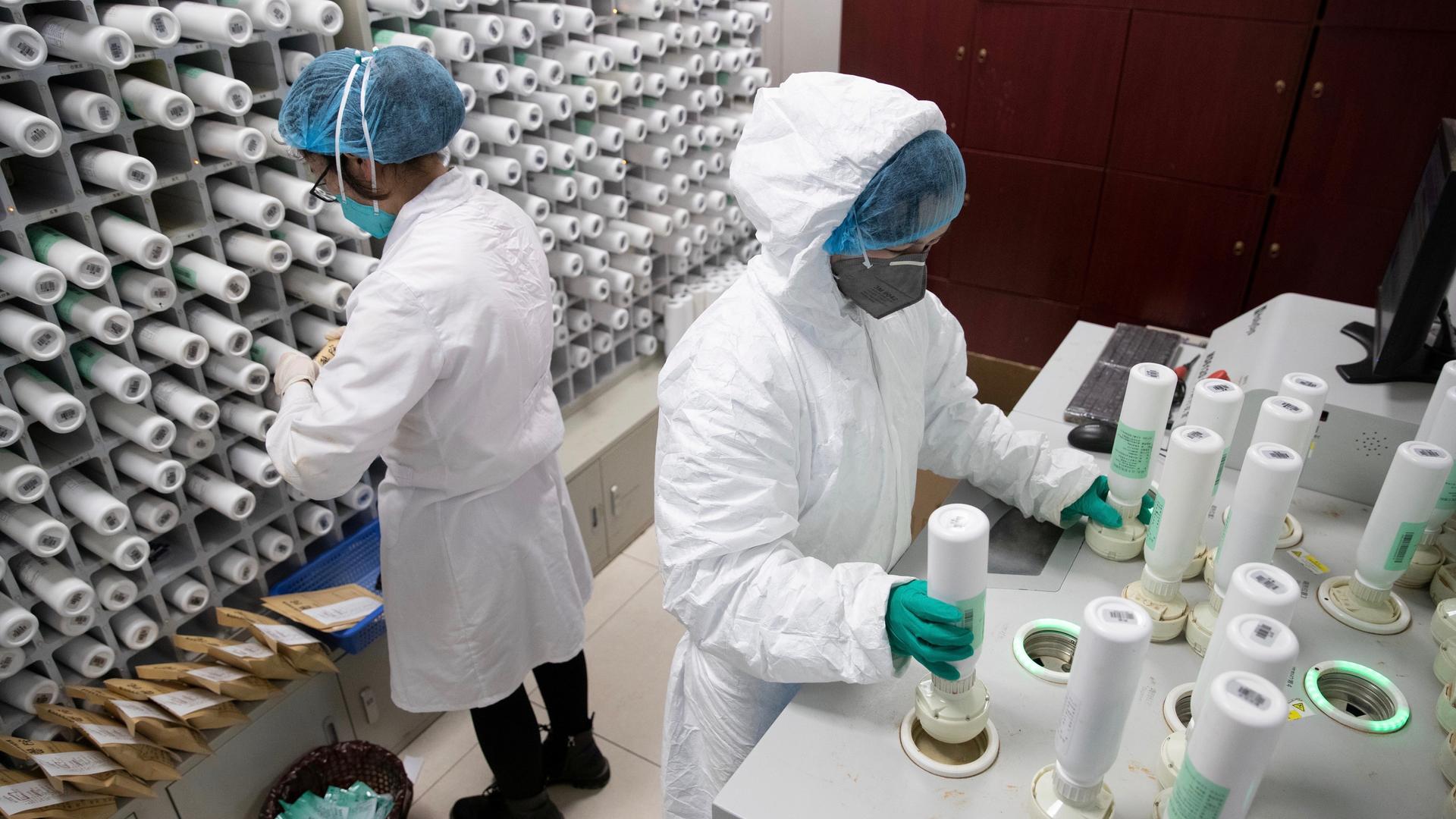Evan Zou, who owns a wine and spirits import business in Wuhan, China, usually delivers to bars and restaurants. But right now, Zou is driving medical supplies to regional hospitals that are struggling to get the aid they need.
Wuhan has been in lockdown for five weeks now as a result of COVID-19 — the novel coronavirus outbreak began late last year in the city. Since then, COVID-19 has sickened more than 86,000 globally and killed more than 3,000, according to Reuters figures. Over 60 countries are affected by the virus, and people are starting to gather provisions should a coronavirus pandemic be officially declared.
Related: South Korea seeks murder charges, US has second death as coronavirus kills more than 3,000 worldwide
That’s where people like Zou come in. He sprang into action after doctors in the area began pleading for help on social media in January. Zou and his fellow volunteers are sourcing masks, gloves and protective suits from factories and delivering them around Wuhan where there’s no public transportation and schools and businesses are shut down.
Most are unable to leave their homes, but a grassroots network of volunteers has emerged to help fill the gaps left by the government: One woman reportedly passed out surgical masks to street cleaners who had no protection while social workers offer online support to people with special needs, including those who are deaf and blind. Donors send supplies of menstrual products and adult diapers to overworked doctors and nurses. Volunteers drive doctors and nurses to and from work.
Related: This hotline aims to help ‘exhausted’ health care workers fighting COVID-19
Zou said he and his friends felt compelled to help “Because we can speak English, and we know a lot of people outside,” he said. “[We] decided to see what [we] can do. So, we raise money and buy stuff.”
While the government has been bringing in relief workers and supplies to the biggest hospitals, Zou says that smaller ones are struggling. “Things [are] still bad; we know a lot of hospital staff, still they don’t have enough,” he said.
Zou used his social network in China and abroad to raise $53,000 and purchased 28,500 masks. Stuck at home, he and his fellow volunteers use social media like WeChat to communicate and organize. Most of Zou’s helpers are like him: They’re young, single, live alone and have their own cars.
“For the first couple days, I was just sitting there on my WeChat, maybe 10-hour days.”
“For the first couple days, I was just sitting there on my WeChat, maybe 10-hour days,” he said. His phone was lighting up at all hours of the day as he coordinated supplies and 10 drivers. When there weren’t enough people to drive, he stepped up to make deliveries, too.
Related: Saudi Arabia imposes travel ban to Mecca over coronavirus
Many people don’t trust the big charities here. Jane Chen, 30, in Shanghai organized several fundraising drives through her friend networks on WeChat. “Before it was always donating to the big organization, and we don’t know where the money flows. Personally, I don’t trust big organizations like the Red Cross in China, and I’d prefer to do something by myself this time. So much scandal has been discovered so I don’t trust them,” she said.
A scandal broke when it was discovered in early February that donations to the Hubei Red Cross weren’t making it to hospitals on the front line. A video was posted online showing a local Red Cross official putting a box of masks into his own car, confirming yet again the corruption people suspected.
China’s Red Cross is separate from the International Red Cross. In China, large charity organizations like the Red Cross are classified as government-run nongovernmental organizations. There are private foundations as well, but strict laws make it difficult for them to raise funds. So Chen, like many others, utilizes her friend circle to raise money for supplies, even though she could get in trouble with the law.
“There’s a few very resourceful friends organizing these donations with me, so I just trust them.”
“There’s a few very resourceful friends organizing these donations with me, so I just trust them,” she said.
Related: COVID-19: Lessons from Singapore and how it handled SARS
Volunteers like Chen and Zou and so many others in China feel called to take action. “It sounds cliche but I just really love my country, and I want to help whenever it needs it,” Chen said.
But volunteers are finding the government doesn’t always support their efforts. Recently, Zou has been stuck at home, unable to go out at all. The government in Wuhan has put new restrictions in place, and he can’t figure out how to get the new permit he needs to be able to drive his car on the streets.
But once he gets his hands on one, he says he’ll be back at work, delivering supplies to those who need them.
Reuters contributed to this report.
